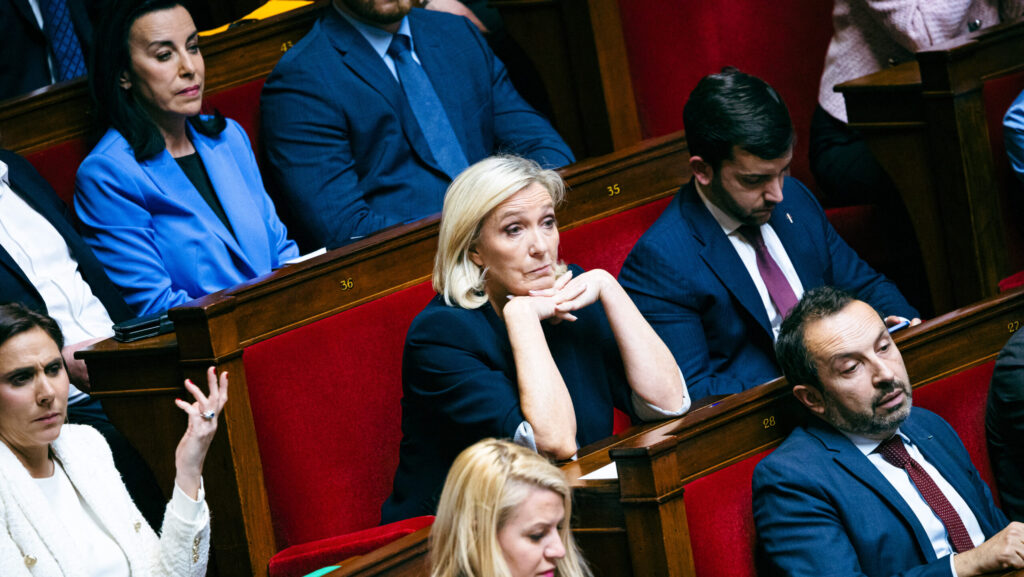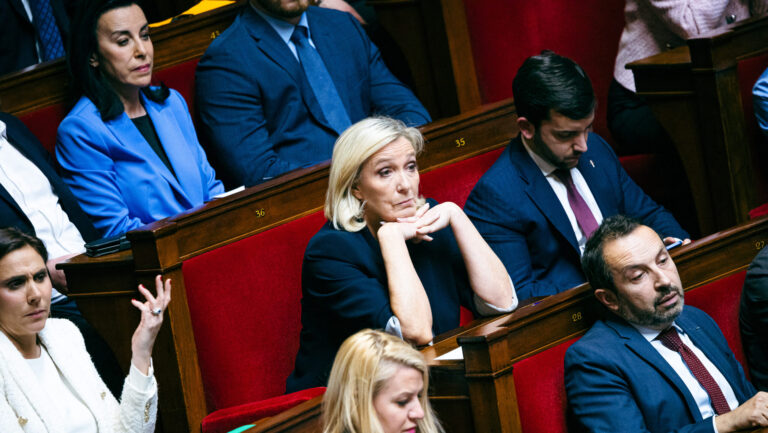On 13 June 2024 the European Court of Justice (ECJ) ordered Hungary to pay a lump sum of €200 million over the country’s long-standing restrictions on the right to asylum. Since Budapest failed to pay the fine in time, besides this amount, the country has to pay €1 million per day as penalty, which will be deducted from the country’s allocated share of the EU budget. To make matters worse, part of the EU funds due to Hungary is frozen as a result of alleged rule of law violations.
On 24 September European Affairs Minister János Bóka confirmed that Hungary won’t pay the imposed fine, however, it is willing to enforce the ECJ’s ruling.
According to the ECJ ruling issued in June, imposing restrictions on asylum rights is an ‘unprecedented and exceptionally serious breach of EU law’ that represents a serious threat to the unity of EU law, negatively affecting both private and public interests. It has also been highlighted by the judges that Hungary, through its actions, puts more pressure on neighbouring member states, since these countries have to deal with migrants (allegedly) unlawfully expelled by Hungary. This, according to the ECJ, undermines the principle of solidarity and fair sharing of responsibility.
Ever since coming to power in 2010 Prime Minister Orbán has held views on migration that are radically different from those of Brussels. This has led to a continually worsening relationship between Hungary and EU institutions. Regarding the present dispute, the ECJ first ruled in December 2020 that Hungary provided limited access to asylum procedures for those seeking international protection in the country and made it ‘virtually impossible’ to file applications. The transit zones where the asylum seekers had been kept in Hungary were also criticized because of the apparently inappropriate conditions in which applicants were held and because asylum seekers had no right to appeal decisions rejecting their applications. As Hungary failed to comply with the December 2020 ruling, the European Commission launched new legal action, resulting in the most recent judgment of June 2024.
‘Ever since coming to power in 2010 Prime Minister Orbán has held views on migration that are radically different from those of Brussels’
According to Viktor Orbán the ECJ’s decision is ‘outrageous and unacceptable’. The PM added that ‘it seems that illegal migrants are more important to the Brussels bureaucrats than their own European citizens.’ In August, high-ranking Hungarian government officials said if Brussels insists on it stance, Hungary would illegal migrants arriving at its borders to the Belgian capital in buses that were presented at a press conference held by Interior Ministry State Secretary Bence Rétvári. At the time, State Secretary Rétvári stated: If Brussels wants illegal migrants, Brussels can have them.’ Until now, the transfers have not been realized and it is unclear whether this will happen at all.
After the ECJ ruling the first deadline for Hungary was in late August, which elapsed; the second deadline regarding the payment was set for 17 September. However, this was also missed by Budapest. Last week, on 18 September, the Commission announced that it would activate the so-called ‘offsetting procedure’ to subtract the €200 million fine from Hungary’s allocated share of the EU budget. According to the preliminary information, these deductions will affect various financial areas in the coming weeks, while around €21 billion of cohesion and recovery funds earmarked for Hungary remain frozen due to the alleged rule of law issues.
As Minister for EU Affairs János Bóka also emphasized on 24 September, the Hungarian government is aware that the Commission has other tools at its disposal to deduct the sum. Despite not being willing to pay the fine, the government aims to engage in a ‘constructive way’ with Brussels to ensure compliance with the ECJ ruling which would require Hungary to end all restrictions on the asylum procedure in the country. Minister Bóka also referred to a timetable that was set to conduct discussions with the EU on the technical issues, and that Hungary was looking into ‘legal possibilities on how certain expenses that we have incurred in the protection of the border could be offset’ against the penalty.
This dispute is presently also compounded by certain others as well, for instance by Hungary’s decision to extend its National Card scheme to Russian and Belarusian citizens that according to the European Commission could threaten the entire Schengen area. Also, in August, Hungary voted against every file contained under the New Pact on Migration and Asylum, a new reform initiative aiming to ensure that all member states contribute to managing irregular migration.








